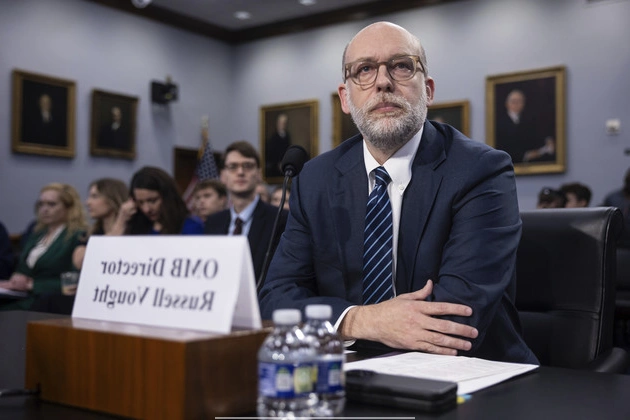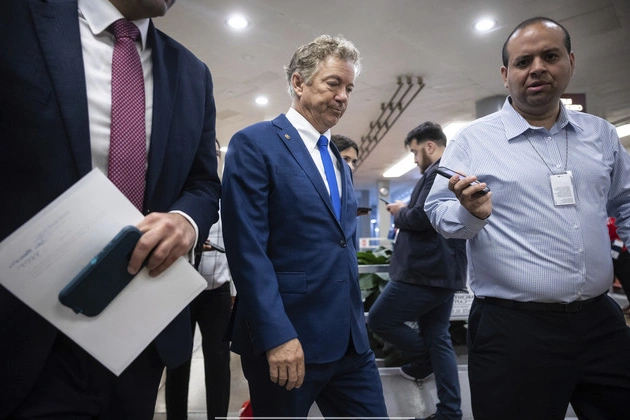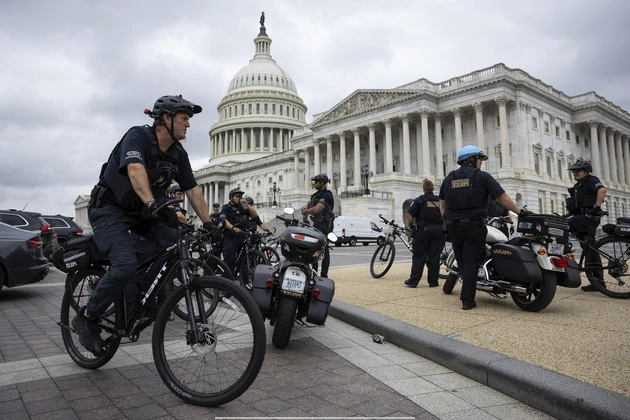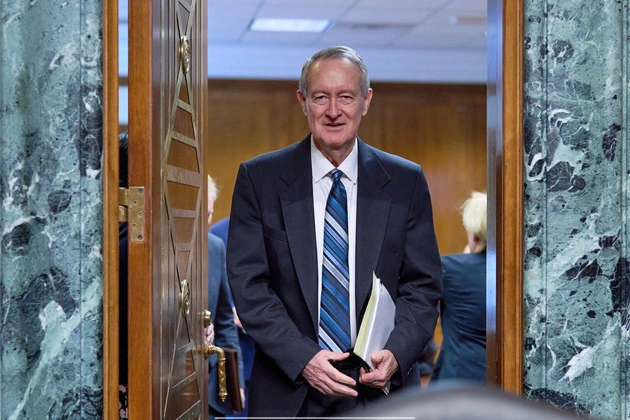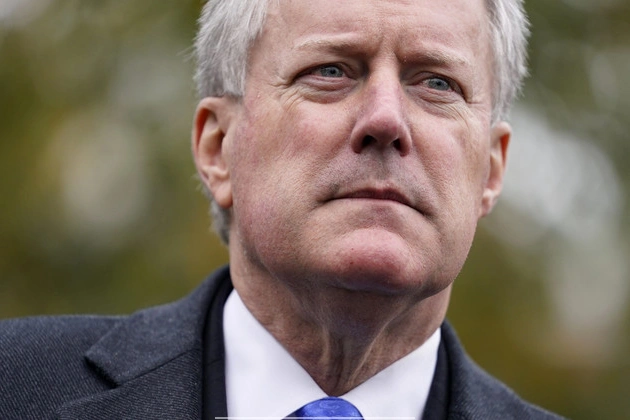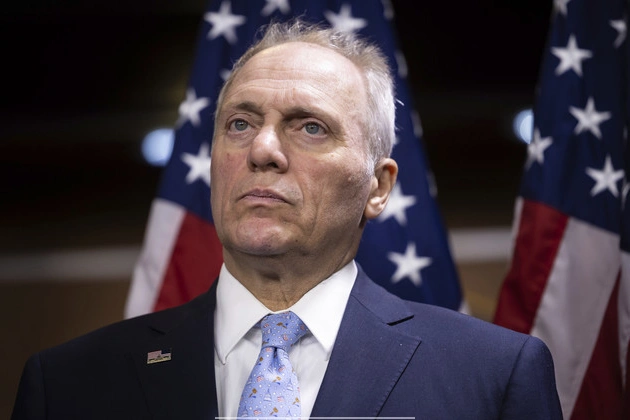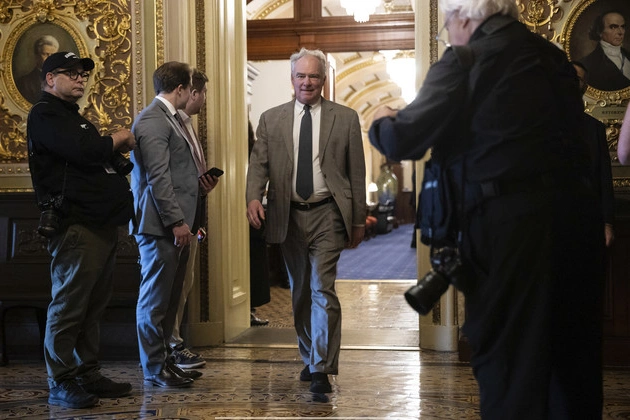
The Republican-led Senate has delivered a rare rebuke of President Donald Trump and his signature trade agenda by rejecting his plan to impose 25 percent tariffs on Canadian imports.
Senators voted 51-48 to reject the national emergency Trump declared earlier this year, with Republican Sens. Susan Collins, Mitch McConnell, Lisa Murkowski, and Rand Paul joining Democrats in backing a resolution to end the emergency. This symbolic vote stands as the first major break with Trump from a Republican-controlled chamber.
Symbolic Stand Against Trump’s Tariffs
Despite Trump’s public pressure on GOP lawmakers to vote against the resolution, some senators expressed concerns about the economic impact on industries and states closely tied to Canada. Collins, in particular, voiced worries about the effects on Maine’s economy and core industries like lobstering and pulp and paper.
Trump’s tariff escalation on Canada, including a 10 percent tariff on Canadian oil, has drawn bipartisan criticism for its potential harm to states like Alaska, as Murkowski emphasized. The move to impose tariffs on various countries has stirred global economic uncertainty.
Implications of Tariff Escalation
Trump’s use of the International Emergency Economic Powers Act to justify tariffs has raised questions about the extent of presidential authority in trade matters. The Senate vote aimed to limit these powers, signaling a pushback against unilateral tariff decisions.
While most Senate Republicans supported Trump’s tariff agenda, the bipartisan rejection of his Canada tariffs underscores concerns about the broader impact on American industries and trade relationships. Senate Majority Leader John Thune highlighted the balance between promoting domestic business and ensuring fair trade deals.
As the debate on trade policy continues, the Senate’s bipartisan stance on the Canada tariffs sets a precedent for congressional oversight of executive trade actions.






